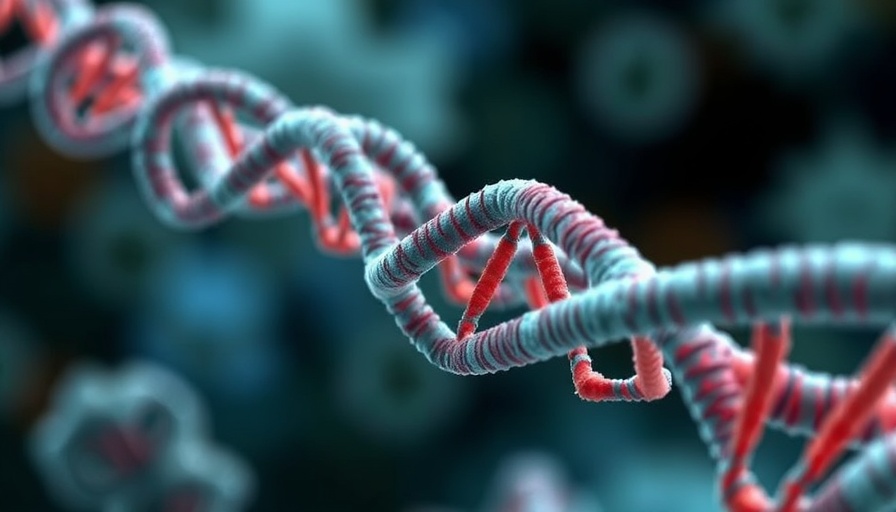
Unraveling the Genetics of Aging: Key Discoveries
Recent groundbreaking research has identified a new set of genes that appear to play pivotal roles in the aging process. This study, published in the journal Aging Cell, sheds light on the genetic underpinnings of longevity across different species, providing hope for advancements in anti-aging interventions.
Understanding Age-Related Gene Expression
Aging is a complex biological phenomenon influenced by various genetic and environmental factors. The researchers noted that gene expression changes occur across a multitude of genes, complicating our understanding of which genes are responsible for aging itself. Their analysis utilized comprehensive datasets from multiple mammals, ensuring that the findings are robust and applicable to a range of living organisms.
Insights Gleaned from Nematodes: The C. elegans Connection
One fascinating aspect of this research involves the use of Caenorhabditis elegans (C. elegans), a short-lived nematode often utilized in genetic studies. Previous studies have indicated that certain genes, when knocked down in adult worms, can significantly extend lifespan. Notably, orthologs of these genes have been found in humans, hinting at common mechanisms of aging.
A Promising Future for Longevity Research
The implications of this research extend beyond theoretical discussions. By pinpointing the key genes and understanding their roles, scientists can explore potential therapeutic avenues for enhancing healthspan—the period of life spent in good health. Interventions such as gene therapies might soon make it possible to not only extend lifespan but improve the quality of life as well.
Connections to Contemporary Aging Research Trends
This study aligns with ongoing trends in longevity science, which have gained traction as more individuals seek ways to reduce the aging process's impact. Interest in biohacking and anti-aging supplements is soaring, and insights from this research can feed into consumer decisions about health and wellness strategies. Topics such as telomere research and cellular rejuvenation will likely become increasingly important as the scientific community investigates the aging process at the cellular level.
What This Means for Health-Conscious Individuals
For those aged 30-55 who are prioritized about their health, understanding the implications of these findings is crucial. With actionable insights on gene expression and longevity, individuals might consider adopting lifestyle choices that promote cellular health, such as a balanced diet rich in antioxidants and regular physical activity, known to influence gene expression positively.
Paving the Road Ahead: What’s Next?
The road ahead in longevity research is filled with promise. As scientists continue to decode the genetic signals involved in aging, practical applications of this knowledge will likely surface. Innovations may include personalized nutrition plans and tailored exercise regimens aimed at mitigating the effects of aging at a cellular level.
As we ponder the intersection of genetics and aging, one can only hope that with further research, we advance not just in lifespan, but also in the quality of those years. This extensive inquiry into age-related genes sets the stage for future breakthroughs in anti-aging therapies, potentially changing how we approach aging altogether.
 Add Row
Add Row  Add
Add 




Write A Comment